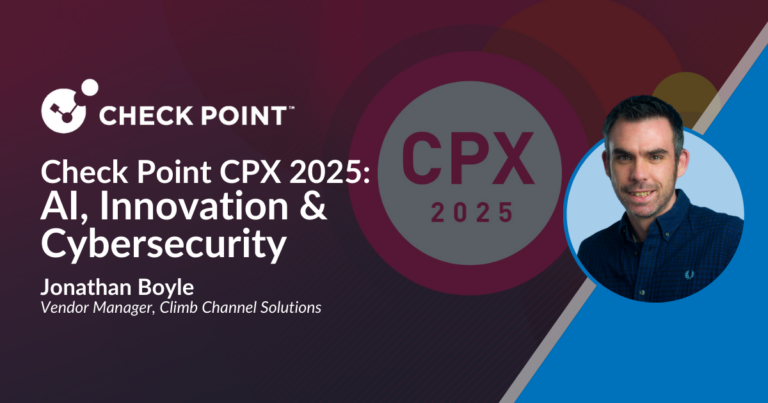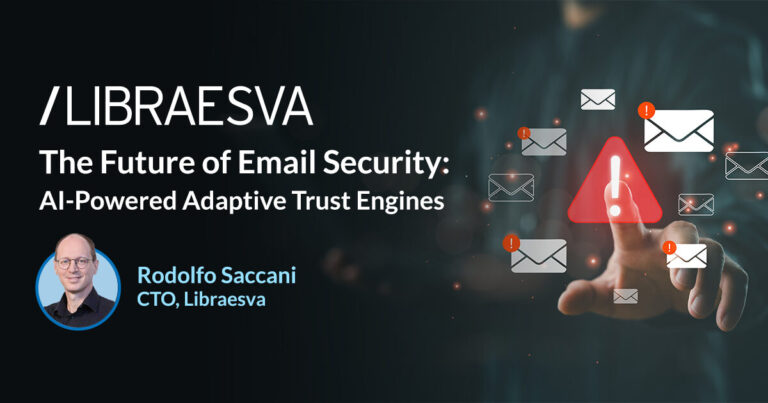The colder weather is setting in, the nights are drawing close, and is that the sound of a fire we can hear, crackling in the hearth? This time of year, there’s only one date on everyone’s mind. Of course, it’s Cybersecurity Awareness Month!
With that in mind, here’s a short roundup from Climb’s brightest minds as they share their top tips, tricks, and insights to power you through Cybersecurity Awareness Month – and beyond.
Changing Behaviours to Match Security Solutions

Gary Morris, Pre Sales Director
“We’re tasked with securing more than ever before, and with increasingly sophisticated solutions at our disposal. But here’s the catch: none of those tools will matter if people don’t behave appropriately. Think about it—how many organisations can truly say their employees pass 100% of the time when faced with phishing tests?”
“We can have all the technology in the world, but without the right behaviours, it’s irrelevant. What’s needed is a blend of effective solutions and the right mindset. One way to achieve this is by teaching and protecting at the same time—introducing security in a non-intrusive, almost invisible manner that actively encourages learning and awareness.
This is where AI can step in. AI’s ability to recognise behaviour patterns can be a game-changer, not just for identifying external threats, but for helping shape the internal behaviours that make a system truly secure. By fostering a culture of active learning and vigilance, we can strengthen our security posture from within.”
Opportunities for Channel Partners: NIS2 and AI

“Firstly, let’s discuss The Network and Information Security Directive (NIS2). This directive is expanding the scope of cybersecurity regulations across the EU, placing new obligations on MSPs and MSSPs who deliver services to customers in several critical sectors.”
“While compliance may seem daunting, it’s a huge opportunity for channel partners. By becoming experts in NIS2, you can position yourself as a trusted advisor, guiding your customers through the complexities of risk management, accountability, and reporting. In this way, compliance becomes an opportunity to reinforce your value proposition.
Now, let’s turn to AI. For channel partners, an interesting opportunity here is ensuring that AI is built on solid, well-governed data. Clean, secure, and reliable data is the foundation of any AI model, and helping your customers establish strong data governance will be critical. The challenge of managing data provenance—knowing where data comes from, how it’s secured, and whether it’s being used ethically—is a growing concern for businesses adopting AI. This is where channel partners can demonstrate their expertise and value, offering support, solutions, and services that mitigate AI-related risks while also helping customers remain compliant with emerging regulations like the EU AI Act.”
Don’t Overlook the Fundamentals—Especially with AI

David Keating, Country Manager Ireland & Security Sales Director
“There’s so much great cybersecurity advice out there, it’s easy to forget the basics—the stuff that actually works. But the fundamentals are more important than ever, especially as AI starts to play a bigger role in our work environments.”
“AI chat tools and automation can be game-changers, but if they’re not deployed securely, they’re ticking time bombs for data breaches. Confidential information can leak out faster than you realise, which is why building security in from the start is critical
Here are a few simple yet essential cybersecurity tips:
- Remove WhatsApp from all work devices. It’s a no-brainer.
- Always lock your devices with strong PINs or passwords, and enable encryption. It’s like double-bolting your digital front door.
- Check your bank and credit card statements regularly for suspicious activity—catch anything strange early.
- Back up your data to secure cloud services or external drives. Don’t risk losing important files.
- Fine-tune social media privacy settings, and think twice before accepting connection requests from people you don’t know.
- Remember: AI may be smart, but it’s not infallible, and neither are the humans using it.”
Preparing for Mandatory Azure MFA

Patrick van Arendonk, Sales Director Benelux and Nordics
“Starting this October, Microsoft is rolling out mandatory Multi Factor Authentication (MFA) for Azure users, starting with access to the Azure portal, Entra, and Intune admin centres. But why does this matter?”
“Passwords alone are simply not enough. Even the strongest password can be stolen or hacked. MFA adds that critical second layer of defence, ensuring that even if a password falls into the wrong hands, access to your systems remains locked down. With cybercriminals constantly on the lookout for weak entry points, MFA could be the difference between a successful breach and a thwarted attack.
“The second phase, arriving in early 2025, will extend MFA to other Azure services, including the CLI, PowerShell, and mobile apps. So, if you haven’t started planning, now’s the time.”
The Rise of AI-Security and Shadow AI

Martin Bichler , Regional Country Manager (DACH)
“AI is transforming the way we approach security, offering powerful tools for threat detection, vulnerability management, and automated responses. AI-powered platforms can sift through vast amounts of data, identifying anomalies and spotting threats faster than any human could.”
“However, the rise of AI also introduces new risks—particularly around what we call ‘Shadow AI,’ which is similar to the challenges we faced with Shadow IT during the cloud computing boom. Unauthorised AI tools used by employees can introduce serious security risks if sensitive data is fed into unvetted platforms. Proper governance and oversight are essential to prevent data loss and unauthorised access.
Despite the risks, AI’s ability to enhance real-time threat detection and streamline security operations is undeniable. The key is using it responsibly, ensuring that AI works in harmony with security defences –while mitigating the risks it introduces.”
Securing the Remote and Mobile Workforce

Warren Powell, Director of Field Sales
“Remote work sounds great—until your personal devices become the perfect entry point for cybercriminals. Unsecured laptops and phones are like leaving the back door open, making it essential to ensure every device is fully protected — before it becomes a hacker’s playground.”
“Then there’s the apps. We all love a good productivity boost, but every new app can be a risk if it hasn’t been properly vetted by IT.
Finally, let’s not forget AI—everyone’s talking about it. My colleagues have touched on this too, and for good reason. The rapid adoption of AI technology undoubtedly introduces new risks. Keeping pace with these fast-moving and evolving threats will be key to staying secure.”


